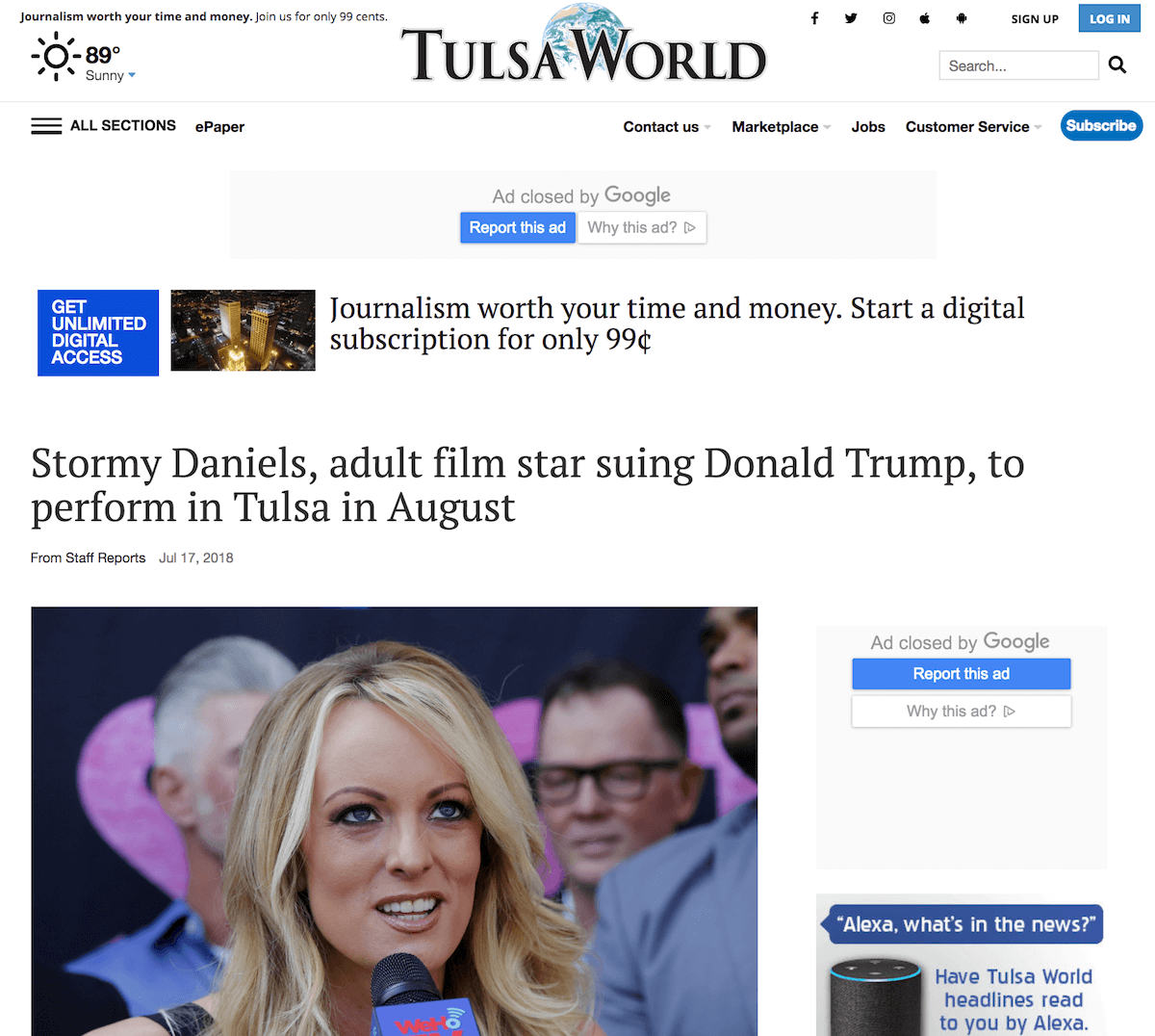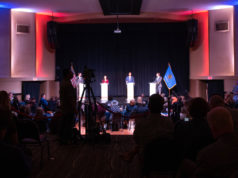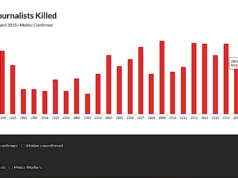
If the U.S. government provides support to one side of a civil war in a foreign nation, does it make a sound?
On MSNBC, it apparently does not.
Recent articles on Salon, Rolling Stone and other news websites have criticized the left-slanted cable TV news network for virtually ignoring America’s connection to the ongoing war in Yemen that has further destabilized an oil-rich nation.
In examining how MSNBC has ignored U.S. involvement in the four-year Yemeni war, Salon’s Adam Johnson recently offered this perspective on the 24/7 cable channel’s editorial decisions:
For a bit more context, in the time period of July 3, 2017, to July 3, 2018, MSNBC dedicated zero segments to the U.S. war in Yemen, but 455 segments to Stormy Daniels.
‘Journalism worth your time and money’
That’s right. MSNBC — and, in some ways, many American media — are more focused on Operation Desert Stormy than on our nation’s role in another Middle East war, one that has featured the death of more than 10,000 people and a massive cholera outbreak. (For a broader look at the war, watch the German-produced documentary displayed above.)
As Johnson notes in his piece, comparing MSNBC’s Stormy Daniels coverage to its lack of coverage about U.S. involvement in Yemen is not meant to deny the newsworthiness of Daniels’ interactions with now-President Donald Trump.
But media — cable news networks especially — often expand their coverage toward the sensational at the expense of the complex and important. Further, when deciding how best to fill 1,440 minutes of TV per day, news networks are wont to choose (literally) sexy storylines over foreign affairs featuring difficult-to-pronounce parties.
Even locally, the state’s biggest outlets bust humps to display Stormy Daniels news prominently. On July 17, the Tulsa World published about Daniels’ upcoming T-Town topless bonanza, hilariously placing the headline under its house ad proclaiming “journalism worth your time and money.”

But at least TulsaWorld.com has published Associated Press stories about U.S. involvement in Yemen as well.
It’s yet another reminder that TV news is the least active medium by which the public can consume information. Large newspapers provide readers pages of content to peruse, allowing different eyeballs to stop on different stories and read deeply on a complicated matter. Online journalism sites present multiple headlines as well, and social media platforms offer a variety of sources on a variety of topics preached by those a user chooses to follow — though Facebook and Twitter algorithms present their own problems.
But TV news remains the least consumer-driven source of information. A 24/7 channel such as MSNBC, CNN or Fox News exists much like a running faucet under which members of the public can stick their faces for a steady dose of whatever swill is coming out. There is no user control for experience, no speeding up or slowing down the stream, and certainly no adjustment in flavor unless one chooses a different faucet altogether.
As such, MSNBC’s obsession with Stormy Daniels compared to its ambivalence about how many weapons America has sold into the Yemen conflict only highlights a greater need for media literacy education.
After all, challenging oneself to consume broad news sources and complicated foreign reports really is worth your time and money.




















